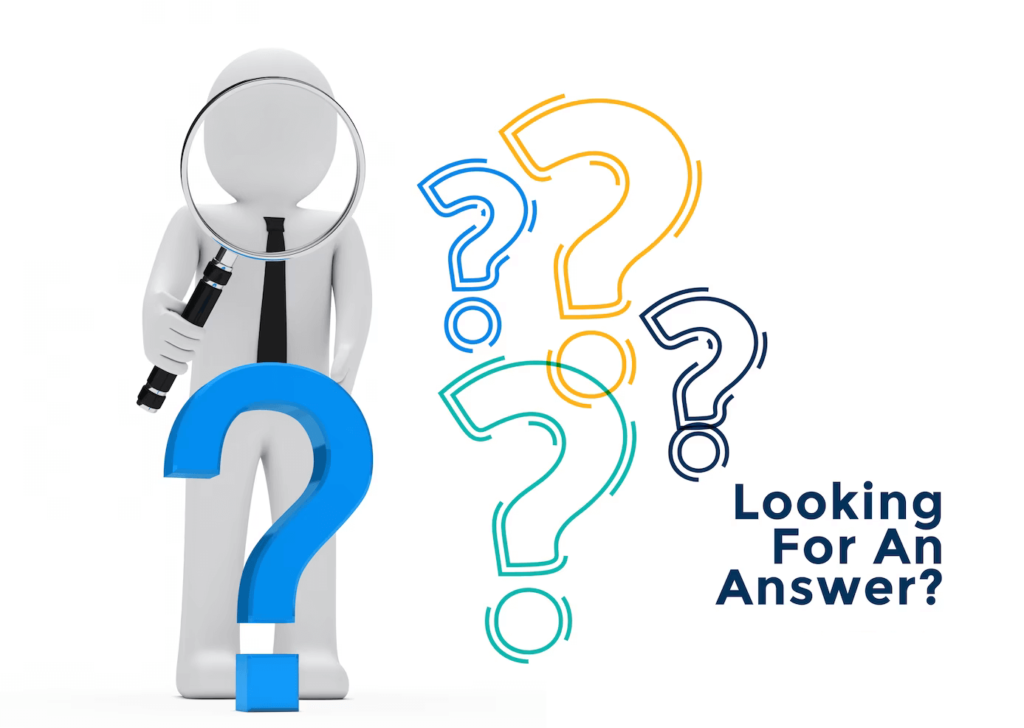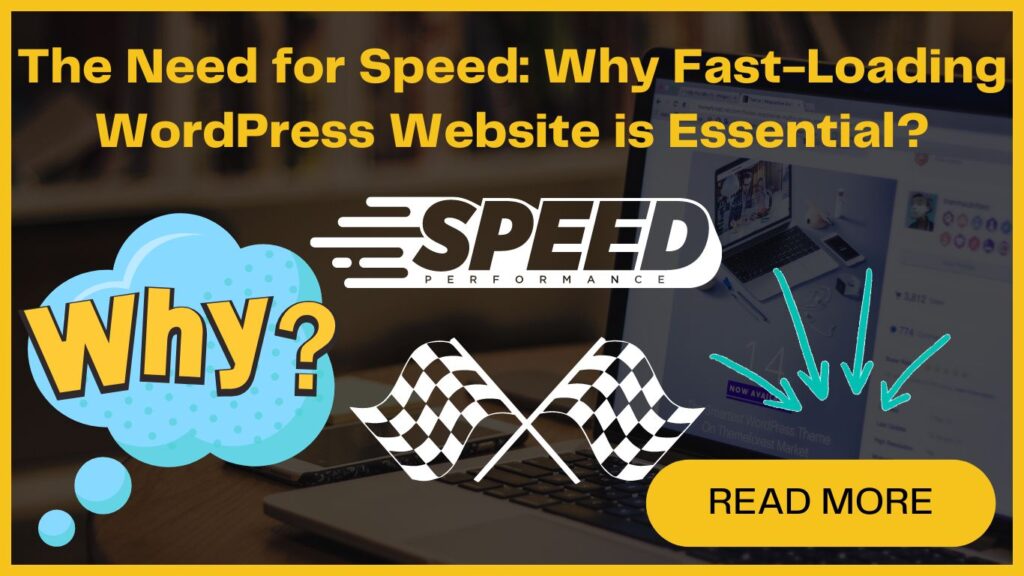
Thinking why WordPress site speed matters? Wondering why WordPress speed optimization is critical?
Research has revealed that the average attention span of humans has dropped from 12 seconds to 8 seconds since the year 2000.
A few more –
- The bounce rate increases by 32% if a page takes more than 3 seconds to load.
- The average page speed on the first page of Google search results is 65 seconds.
We’ll explore what is website speed, why WordPress website speed is important for online success, and the factors that affect site speed.
What is site speed and why you need to speed up the WordPress website?
Website speed refers to how quickly your web pages load on the browser. Just as waiting in a slow-moving line at an amusement park ride can cause frustration and impatience, slow website speed can also lead to a similar experience for online visitors.
When a website takes too long to load, it can drive users away, cause visitors to abandon the site and look for alternatives. Conversely, sites that load quickly will typically attract high traffic, low bounce rates, and better conversion rates.
Furthermore, the speed at which a website loads quickly forms the first impression on the visitor’s mind about both the site and the associated business.
Overall, if you want more traffic, a high conversion rate, increased sales, and revenue from your website, then you need to speed up the WordPress site.
If you are still not convinced about the importance of site speed, take a look at some more specific benefits of having a fast website.
1. Bounce Rate
The bounce rate of a website is defined as the total percentage of visitors who leave the website just after viewing a single page.
When a webpage takes too long to load, visitors are more likely to abandon the site. They will close the window or click away to another site. This can have a huge impact on a website’s overall traffic and engagement.
A study revealed that 1 in 4 visitors would abandon a website if its loading time increases from four seconds.
This highlights the significance of optimizing website speed and performance to keep visitors engaged on the site for a longer time. Ultimately, a fast website results in increased traffic and better user experiences.
2. Conversion Rate
Website speed has a direct impact on conversion rate. Yes, many studies have demonstrated this.
Conversion rate is the percentage at which users complete a desired action. For instance, the rate at which users make a purchase, fill out a form, or subscribe to a service.
Fast-loading sites not only keep more users engaged, but they also tend to have higher conversion rates compared to slower sites.
In fact, research has found that even a minor decrease in page load time can result in a significant increase in conversions. For example, companies such as Mobify, AutoAnything, and Walmart witnessed an increase in conversion rates after boosting their site speed by just a few milliseconds or seconds.
3. User-experience
When a webpage loads slowly, or when user actions result in poor response times, and create a negative user experience.
In a world where every second counts, website visitors have little patience for slow-loading pages. When users have to wait for content to load, it can be frustrating and even impose them to abandon the site or application altogether.
Visitors need a seamless and enjoyable experience while visiting your site. A fast-loading speed is the key to achieving this. With WordPress speed optimization, your site visitors will be able to access your site content quickly and efficiently, resulting in great user engagement and better user experience.
4. Search Engine Ranking
Improving site speed is not only essential to enhance the user experience, but also to impress Google. Fast, high-performing sites rank better in Google searches and help to provide a better page experience to visitors.
Faster sites help search engines to effectively crawl and index your site. The search engine crawler has a limited amount of time to spend on each page before moving on to the next one.
If your site is slow, the crawler may not be able to fully index your site. This will result in lower visibility and traffic.
What are the factors that slow down your WordPress website?
Identifying the reasons responsible for a slow WordPress website is critical for improving its performance and making informed decisions in the long run.
The major culprits behind the slow and laggy site are as follows-
- WordPress Configuration – If your WordPress website is not using cached pages, then it will put too much load on your server and can cause your website to be slow or even crash entirely. By configuring caching plugins, optimizing database tables, and enabling gzip compression you can improve your WordPress site’s performance.
- Bad Plugins –Using a poorly coded plugin can also be one of the factors behind the slow website. Thus, carefully review and select plugins that are actively updated, maintained, and most importantly compatible with your WordPress version to avoid plugin-related issues that may slow down your site.
- Page Size – If your site has images that aren’t optimized for the web, this can negatively impact the speed of your website. You can compress images, use lazy loading, and decrease the number of images per page to reduce your page size and boost your site’s speed.
- Web Hosting – This is the common reason for slowing down your website. If your web hosting server is not configured properly, it can hurt your website speed. Choosing a reliable and fast web hosting service with proper server configurations helps in loading the site quickly.
- External Scripts – External scripts including ads, social media widgets, font loaders, and can also affect your website performance. You can reduce their usage and load them independently to reduce their influence on your site’s speed.
If you are looking for ways to boost the speed of your WordPress site, read out our blog on expert tips and tricks on optimizing your WordPress site.




